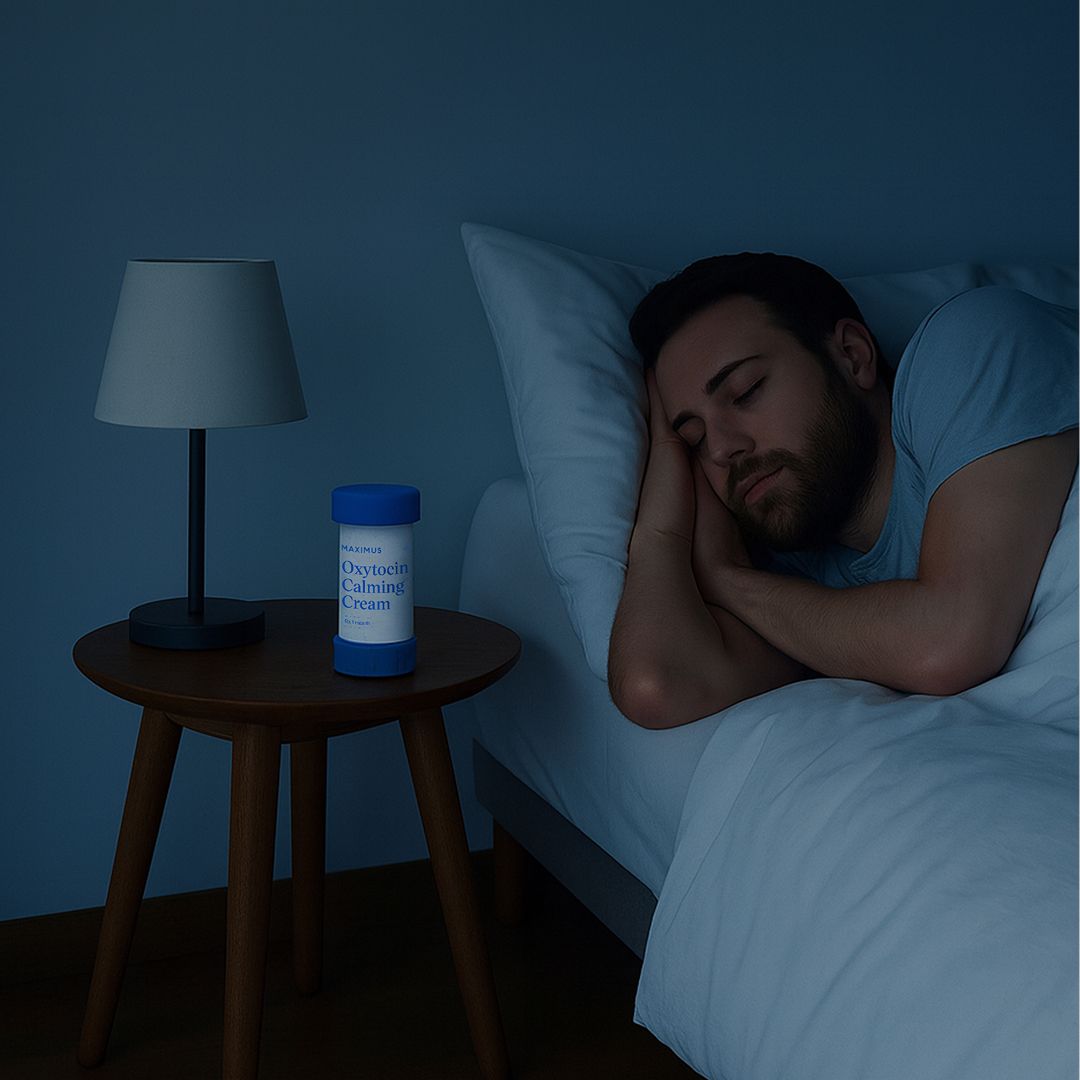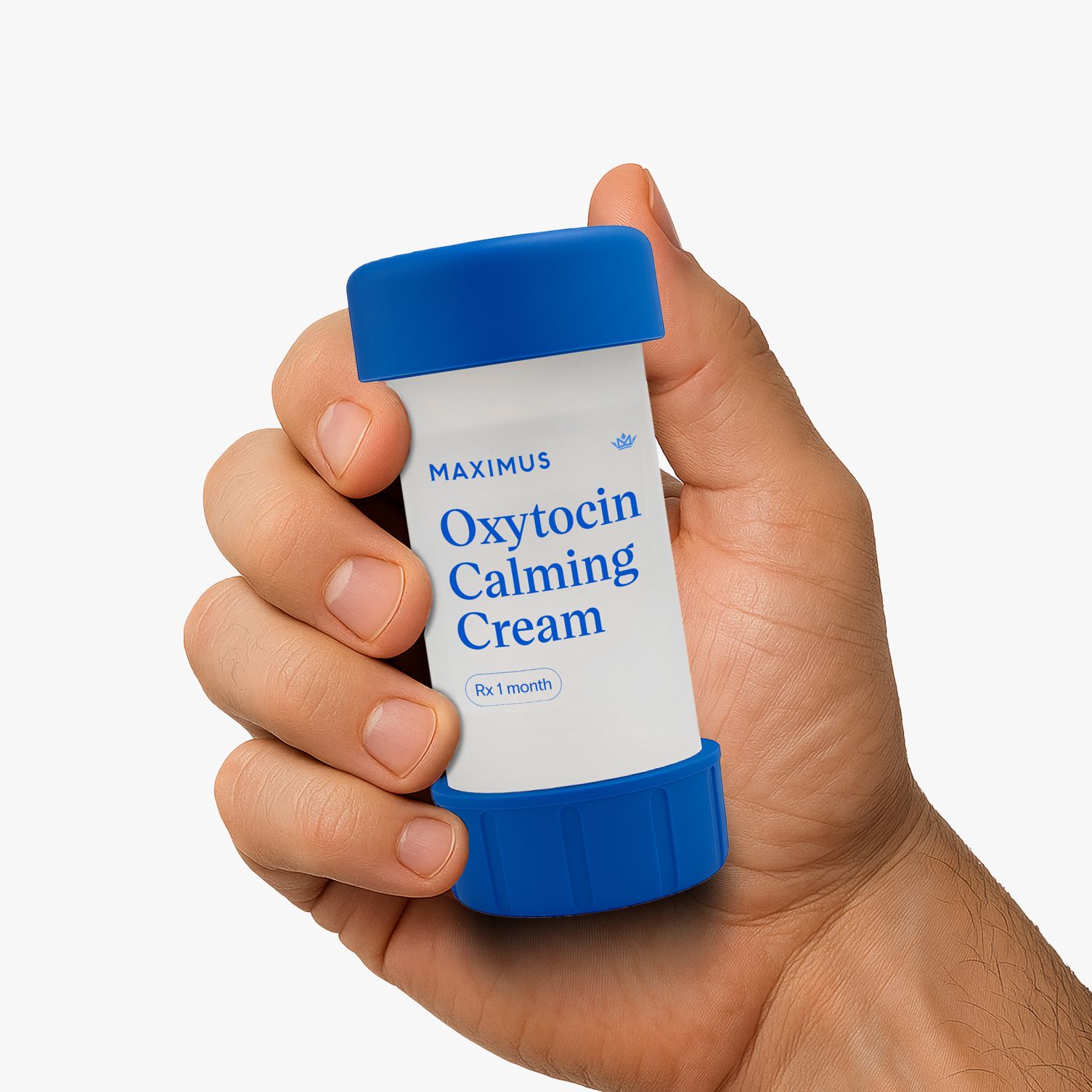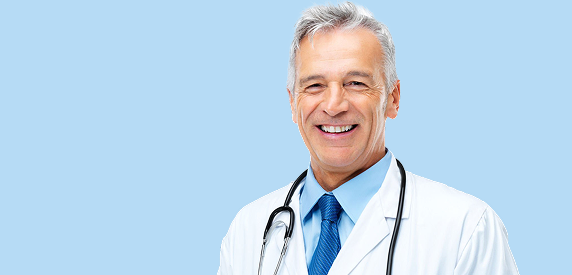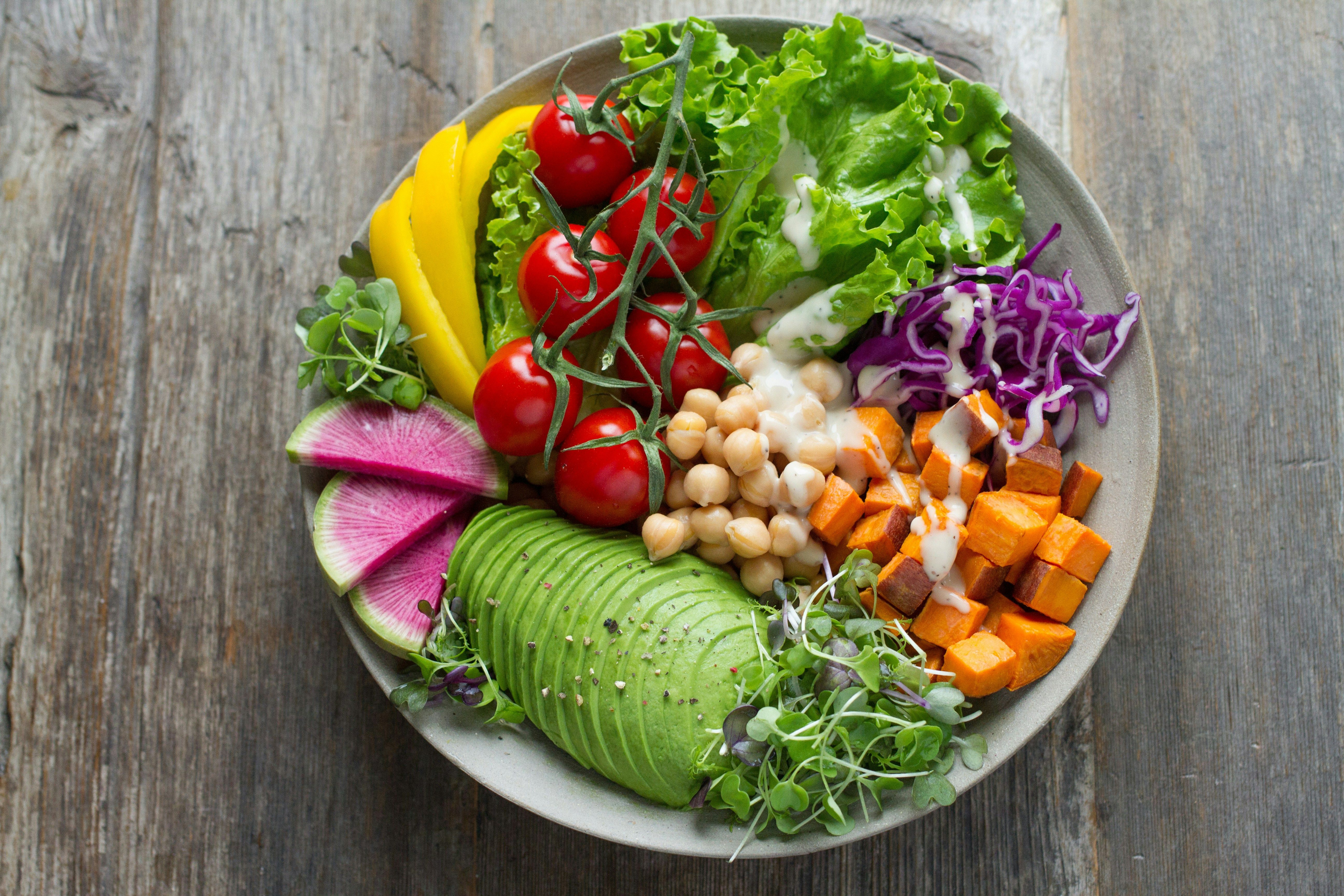Key takeaways
- Food can impact the absorption of medications, which can influence their effectiveness. To optimize the absorption of some medications, including oral testosterone, you may need to consume them with food.
- Oral testosterone formulations, such as testosterone undecanoate, may benefit from being taken with high-fat meals. This improves absorption and helps ensure physiological levels of testosterone in the body.
- Some oral testosterone formulations use self-emulsifying drug delivery systems (SEDDs), which enhance absorption without the need for high-fat meals.
- Another innovative formulation of oral testosterone bypasses the liver and can be taken with or without food, though consuming healthy fats is still highly recommended.
Many medications should be taken with food to increase absorption, and oral testosterone is one of them. Some formulations of oral TRT are most effective when taken with a high-fat meal, but you want to make sure you’re choosing a healthy fat and integrating it into your diet in a balanced way. Other oral TRT formulations require a meal, but it doesn’t have to be high in fat.
Read on to find out more about why you should take oral testosterone pills with food, what kind of foods work best, and what foods you should avoid with your medication.
Why do some medications need to be taken with food?
Multiple studies show that food can significantly influence a drug’s efficacy by either enhancing, reducing, or delaying its absorption. The way a drug is formulated can also impact how food might affect its absorption. It’s important to know whether your medication should be taken with food, because if a medication is not absorbed properly, it can decrease the drug’s bioavailability, which refers to the amount and speed at which the drug enters the bloodstream and becomes available for the body to use or store. Typically, the lower the bioavailability, the lower its usefulness.
Should oral TRT be taken with food?
Many oral TRT formulations are often taken with a meal—especially one containing healthy fats. Research suggests that when consumed with dietary fat, these formulations may rely more on the lymphatic pathway for absorption, which can reduce the role of first-pass liver metabolism. This approach has been associated with improved bioavailability and higher testosterone levels in the bloodstream compared to taking the medication on an empty stomach.
Earlier oral products, such as methyltestosterone, raised concerns due to liver toxicity. More recent approaches, which may use different absorption mechanisms, are monitored closely to ensure there are no changes typically associated with liver stress. Although studies have primarily involved female subjects, the findings on improved absorption with food are generally considered applicable regardless of gender.
What about self-emulsifying formulations?
Some formulations of oral testosterone undecanoate incorporate a self-emulsifying drug delivery system (SEDDS). This system uses a mix of ingredients including a surfactant, co-surfactant, and an oil. Surfactants are substances that have both hydrophilic (water-attracting) and lipophilic (fat-attracting) properties. When testosterone undecanoate is formulated with SEDDS, testosterone is broken down in the gut and easily absorbed into the lymphatic system without requiring a high-fat meal. This innovative approach is said to enhance the efficacy and delivery of the medication, as well as the ease of therapy, representing a significant advancement in the administration of oral TRT.
In a study that explored the relationship between dietary fat and self-emulsifying testosterone undecanoate in hypogonadal men, researchers found that the impact of food on serum testosterone levels was noticeable only when the subject had fasted or when the dietary fat content was very low (less than 10%). The findings suggest that a suitable dose of self-emulsifying testosterone undecanoate can maintain serum testosterone levels within the normal range across various diets with fat content ranging from relatively low (20%) to high (50%).
What about native testosterone?
Lipid-based native testosterone formulations may also utilize pathways that do not rely solely on first-pass liver metabolism. While these newer oral forms can help maintain physiological testosterone and DHT levels even without strict food requirements, evidence—both anecdotal and from our extensive white paper—suggests that taking them with a high-fat meal may further enhance absorption.
As with any therapy, we recommend maintaining a nutritious diet and following ongoing health monitoring practices, including liver enzyme checks, to ensure safety and efficacy.
What to eat when taking testosterone orally
Whether you are taking native testosterone or oral testosterone undecanoate, it is recommended to pair your dose with a meal or source that includes at least 30 grams of healthy fat. Mixing testosterone with olive oil is highly recommended as this oil is high in monounsaturated fatty acids, which lower your “bad” cholesterol, and because olive oil has powerful antioxidant and anti-inflammatory properties. Even more, there is evidence that olive oil supports testosterone production as part of a healthy diet. For adequate absorption, simply drink 1-2 tablespoons of olive oil when taking your medication.
Other foods to consider to ensure optimal fat intake for testosterone therapy include:
- Coconut oil
- Avocado oil
- Nuts (especially almonds, macadamia nuts, pistachios, pecans, and hazelnuts)
- Fatty red meats
- Salmon
- Eggs
What shouldn’t you take with oral TRT?
When taking oral TRT, it’s recommended not to rely on MCT oil as your optimal fat intake. The type of triglycerides found in MCT oil are not absorbed through the lymphatic system. This doesn’t mean you should give up your bulletproof coffee if you look forward to that every morning; but maybe consider swapping out MCT oil for butter or heavy cream, which are more effective in helping you absorb your TRT dose.
If you choose to go on the Oral TRT+ Protocol with Maximus, which uses native testosterone, you’ll work closely with a physician and receive community support on how to optimize your diet while taking the medication. You’ll also learn about other healthy lifestyle habits to support your natural testosterone production and overall health.
Learn more at Maximus.
Disclaimer: The contents of this article, including, but not limited to, text, graphics, images, and other information, is for information purposes only and does not constitute medical advice. The information contained herein is not a substitute for and should never be relied upon for professional medical advice. The content is not meant to be complete or exhaustive or to be applicable to any specific individual's medical condition. You should consult a licensed healthcare professional before starting any health protocol and seek the advice of your physician or other medical professional if you have questions or concerns about a medical condition. Always talk to your doctor about the risks and benefits of any treatment. Never disregard or delay seeking professional medical advice or treatment because of something you have read on this site. Maximus does not recommend, endorse, or make any representation about the efficacy, appropriateness, or suitability of any specific test, products, procedures, treatments, services, opinions, healthcare providers or other information contained herein. Maximus is not responsible for, nor will they bear any liability for, the content provided herein or any actions or outcomes resulting from or related to its use.





